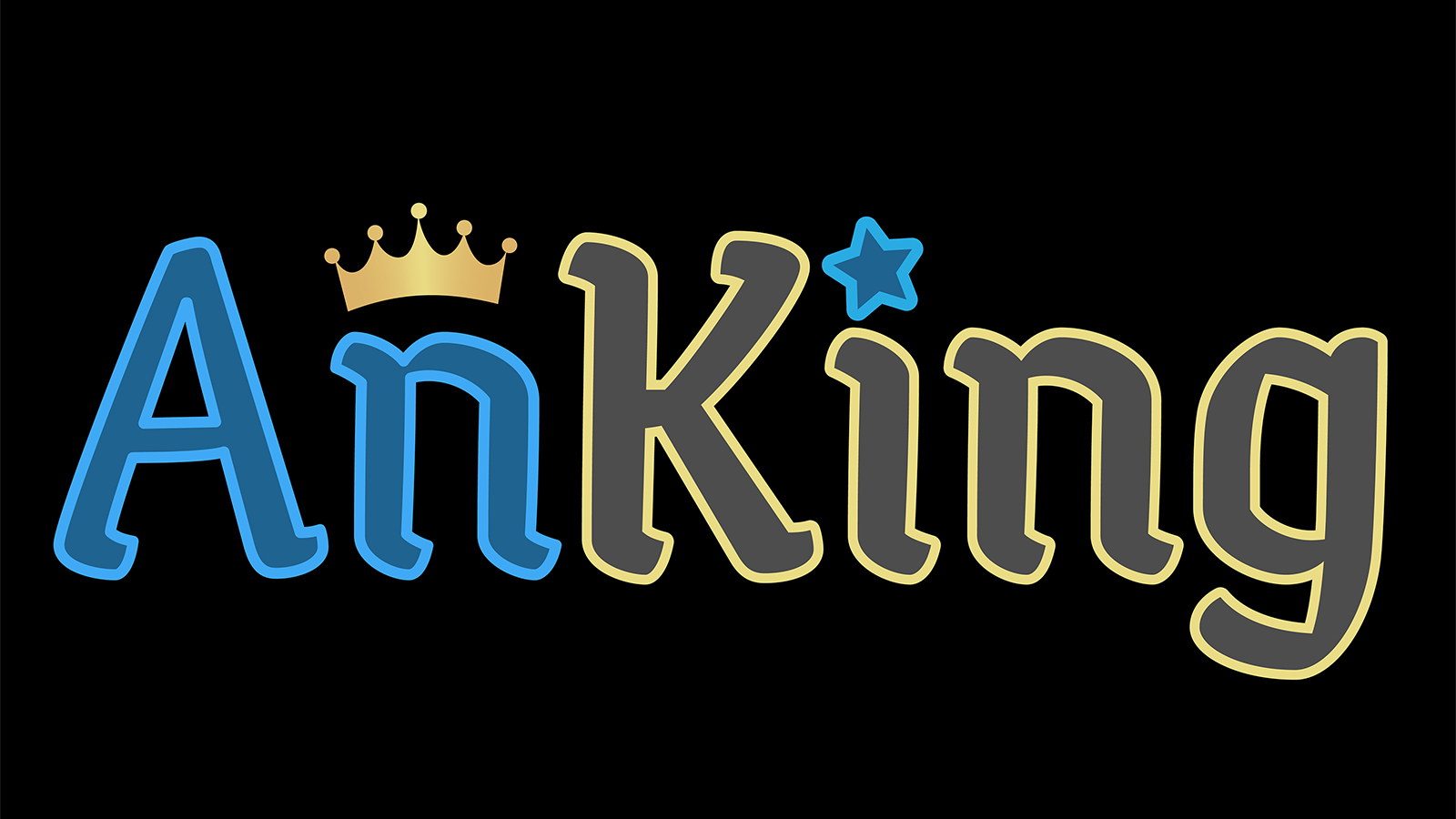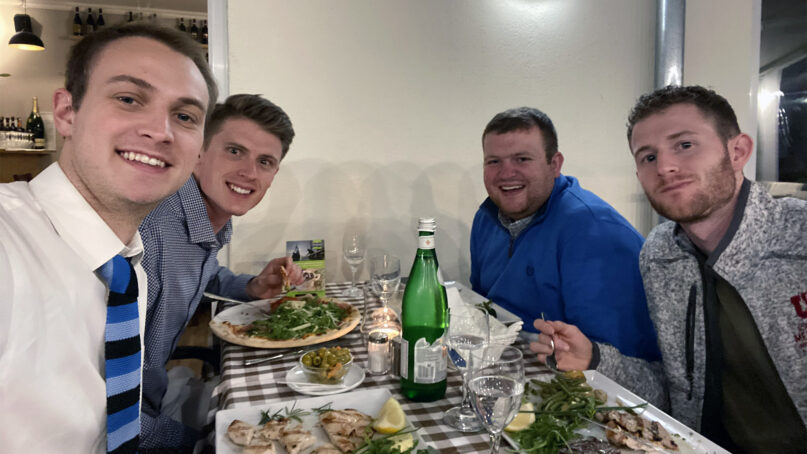(RNS) — Nick Flint has always wanted to be a doctor and make a difference in the world. What he didn’t know was that he would make such a difference before he even got out of medical school.
Three years ago, Flint and three other students at the University of Utah School of Medicine — all members of The Church of Jesus Christ of Latter-day Saints — began developing a study resource that has revolutionized how hundred of thousands of aspiring physicians conquer the masses of information they need to know to pass their exams.
A customized deck for the existing flashcard app Anki, AnKing uses an algorithm that allows cards to automatically show up when users most need to review the information — the better you learn a flashcard, the more time will lapse before you see it again.
The AnKing deck not only improved on existing medical school flashcard decks, it also introduced software that would allow the flashcards to be updated as medical information changes. Today, AnKing, a free resource, has been downloaded 200,000 times — twice the number of current medical students in the U.S.
“It really started because we just wanted to help people,” said Blake Cowan, one of the original AnKing members, all of whom attended Brigham Young University before moving on to the University of Utah. “Since we all had that common background of going to BYU and being members of The Church of Jesus Christ of Latter-day Saints, we felt it was important to give back to our community of med students.”
Flint and the original AnKing team members consider the resource to be a way to live out their faith.
Cowan said everyone in the group has served on missions where they shared the gospel of Jesus Christ. Once they started medical school, they wanted to find ways to continue serving others in an environment that typically fosters individualism.
“We just want people to know that we’re a group of students that want to help others,” said Cowan. “We’re trying to do so because we feel that that’s what our savior would do if he was in our position.”
On the AnKing Instagram feed each week, Flint also posts “Sunday Stories,” videos that highlight his clinical experiences and his faith. Some of the videos have created opportunities for Flint to connect with individual medical students about his religious beliefs. In the latest Sunday Story, Flint updated the AnKing community about the recent death of his sister.
“The only thing that truly kept me going and kept me happy was the knowledge of where we come from and where we’re going,” he told viewers. “We are all sons and daughters of a loving God, a loving father… and I know that after this life, we will have an opportunity to rejoin all of those people, that we will be together. There is a day where I will see my sister again.” The story, posted Sunday (Sept. 12), has reached over 4,000 viewers.
RELATED: LDS church pushes leaders further, adds welcoming refugees to official handbook
That’s only a fraction of those who use AnKing purely for studying.
“They tell us learning in medical school is like drinking from a fire hose, there’s so much information,” said Vlad Razskazovskiy, a second-year medical student at the University of Pittsburgh. “AnKing really puts all those resources together in one accessible place.”
Razskazovskiy said he spends an average of six hours a day using AnKing and can spend up to 11 hours using the program if he’s trying to work ahead.

The AnKing logo. Courtesy image
The widespread use of AnKing is itself another perk the app offers. “Basically every student out there is using the same resource now, and so it makes it easier to work together,” said Flint.
Nikhil Sharma, another student at Pitt’s medical school, said AnKing has “100%” impacted his experience in med school for the better, and is a blueprint for doing well in class and on the board exams.
“It’s a tried-and-true method that really lets you see your progress,” he said. “You see the results in the classroom and in your interactions with patients pretty quickly.”
RELATED: Dr. Anthony Fauci named 2021 Humanist of the Year
Less than three years after its start, the AnKing universe now includes a tutoring service, several social media accounts, online courses, a YouTube channel with more than 40,000 subscribers and a business that employs about two dozen people.
Flint has worked hard to make sure AnKing isn’t run like a typical business. Though there is no faith requirement for working for AnKing, Flint says he does ensure that the people hired share the goal of helping other medical students. He said it’s essential for the team members to share that goal, because the work isn’t about making a profit: Flint said that if he calculated his own “hourly wage,” it would be close to a dollar an hour.
Flint, who will be working up to 100 hours a week as a resident next year, hopes to take a back seat on running AnKing. (He’s also a husband and father.) The AnKing team is currently developing a software update that will allow the deck to update automatically, hopefully eliminating the need for as many hands-on interventions to keep the deck up to speed.
Yet Flint said he will keep his “foot in the door” to ensure that AnKing’s mission remains assisting students, not profiting off them.
After residency, Flint hopes to continue working one-on-one with medical students in some capacity while also being a doctor full time. For Flint, becoming a doctor is a way to follow the example of Christ, whom he referred to as “the ultimate physician and healer.”
“We’re the Church of Jesus Christ, that’s the main focus,” said Flint. “We worship Christ. We speak of Christ.”





